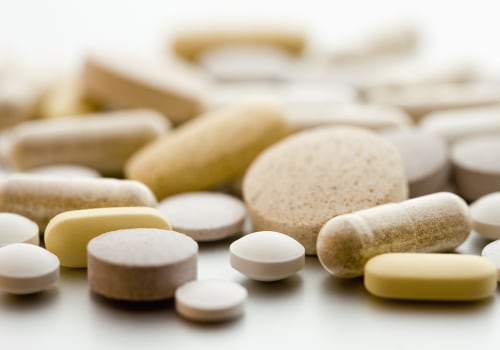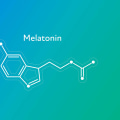Both glucosamine and its derivative N-acetyl glucosamine are amino-monosaccharides that fulfill key biochemical functions on their own and as substrate precursors for the biosynthesis of polymers such as glycosaminoglycans (for example, glucosamine has an excellent safety profile and has been shown to provide benefits in several clinical disorders). Glucosamine compounds have been described to have several beneficial effects on skin or skin cells. Because it stimulates hyaluronic acid synthesis, glucosamine has been shown to accelerate wound healing, improve skin hydration, and reduce wrinkles. In addition, as an inhibitor of tyrosinase activation, it inhibits melanin production and is useful in the treatment of hyperpigmentation disorders.
Mechanically, glucosamine also has anti-inflammatory and chondroprotective effects. Clinical trials have demonstrated the benefits of using oral glucosamine supplements to improve symptoms and slow the progression of osteoarthritis in humans. Glucosamine has also been used to prevent and treat osteoarthritis in animals. Based on other observations, the use of glucosamine has been suggested for other clinical uses, such as the treatment of inflammatory bowel disease, migraines, and viral infections.
The current clinical uses of topical and oral glucosamine compounds and the mechanical justification for these uses are reviewed here. The results of these studies show that glucosamine sulfate may play a role in preventing skin aging. The experiments revealed that there is a direct relationship between glucosamine sulfate levels and levels of hyaluronic acid receptors and collagen production. A large study (a meta-analysis) on dietary supplements found that glucosamine intake was linked to better heart health, while most other supplements showed no effect.
Overall, the study results suggest that glucosamine sulfate supplementation may be a promising method for delaying the effects of aging on the skin; however, more research is needed.







